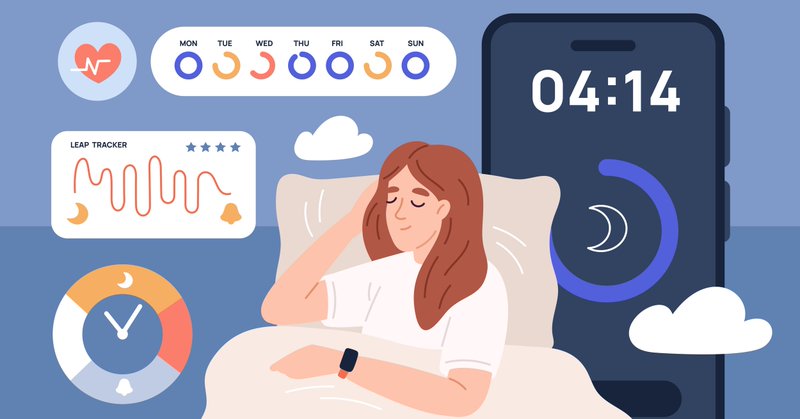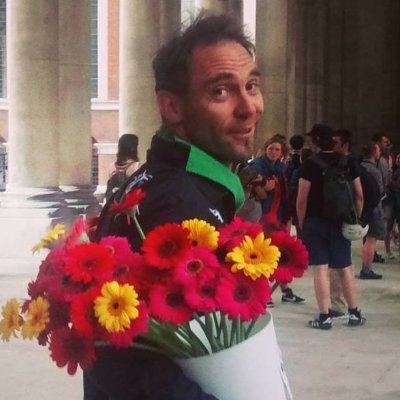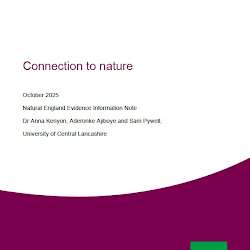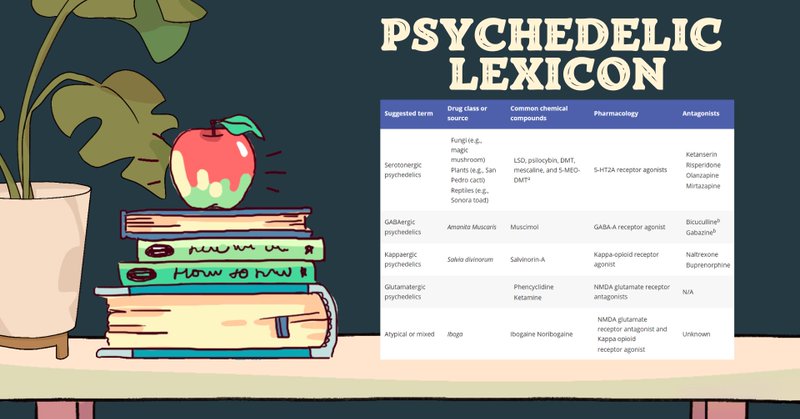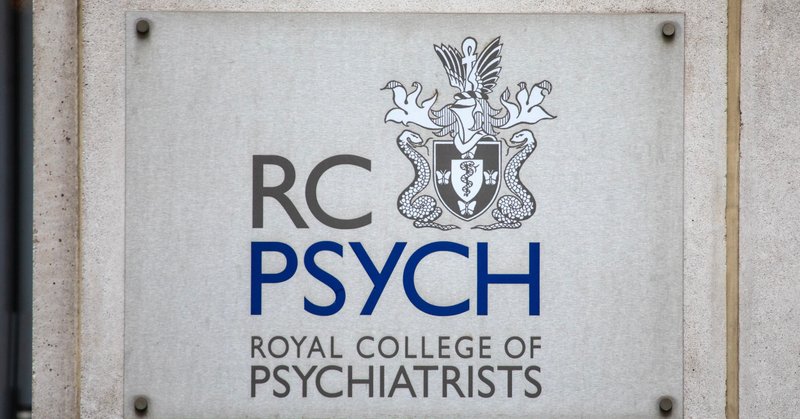
Drug Science
@Drug_Science
Followers
24K
Following
3K
Media
1K
Statuses
6K
Drug Science is the UK's leading independent scientific body on drugs - guiding evidence-based drug policy and drug research. Please donate to support our work.
London, England
Joined August 2013
Can medical cannabis help people sleep better — even when sleep isn’t the main reason for treatment? New Project Twenty21 data suggests prescribed cannabinoids may improve not only primary conditions, but also quality of life through better sleep. https://t.co/VAjqObUYvx
drugscience.org.uk
Emerging research suggests that prescribed cannabinoids may improve sleep quality both among people with formal diagnoses of insomnia and among those experiencing disturbed sleep in the context of...
1
4
8
Encouraging to see this recent UK Gov's Natural England commissioned report on the importance of nature connection, and also that it mentions our research @SamwiseGandy on the enhanced wellbeing & connection to nature derived from psychedelic experiences https://t.co/B53SwmLnmN
publications.naturalengland.org.uk
This briefing focuses on the evidence for connection to nature and is one of a series that summarises evidence of the links between the natural environment and a range of outcomes. They are based on...
1
4
6
Drug research has been built on male-dominated samples, policies, and assumptions. This month’s Street Drugs Discussions will ask what happens when women’s bodies, lives, and voices are finally included. 🗓️ 24 Oct | 2–4PM BST | Online Register for free:
eventbrite.co.uk
An analysis of women's drug use and gaps in research due to misogynistic policy.
0
0
3
Strict drug abstinence rules in hostels can lead to unsafe public drug use. In Norway, Huset Bergen offers another way — a high-tolerance housing model open to those experiencing or recovering from substance use. 💲 Donate to help us document its lessons
drugscience.org.uk
Every day, people who use drugs are forced into unsafe, rushed street injecting because most hostels and housing projects ban active drug use. The Voices of Sandwell project in the UK revealed a...
0
2
4
The overdose crisis in the US demands innovation in both policy & medical technology. A new article explores how frameworks designed to mitigate substance use are actually restricting the R&D of reversal agents and drug-delivery devices🔬 https://t.co/YtdjIr2QMm
drugscience.org.uk
The current mechanisms in the United States to research and develop novel reversal agents for substances that can lead to overdose are restricted by regulations placed on the pharmaceutical industry.
0
3
5
ICYMI: The panel discussion is now available to watch at https://t.co/9OI0kVrmHY 🙏
Drug use in public spaces gets plenty of attention, but what happens behind prison walls is often overlooked. Join our free July 11 webinar to explore how better policies can reduce drug harms for incarcerated communities. 🏛️ 🔗
0
2
5
Psychedelic research has long grappled with the tension between science and the humanities. @AndyLetcher, a religious scholar with expertise in both, joined @ProfDavidNutt to trace how this divide influences the way we study psychedelics. Ep out now 🎧 https://t.co/gkiZtxe06z
0
2
4
🚨 New from the Drug Science Medical Psychedelics Working Group: a framework for standardised terminology in psychedelic medicine. From pharmacological classes to micro- vs macrodoses, this paper sets the groundwork for clinical + regulatory clarity. https://t.co/6WX6QBzBdZ
drugscience.org.uk
To date, there has been a lack of consensus in the field of psychedelic research regarding key terms. It is our hope that development of this lexicon can aid in translating findings across various...
2
2
6
@ProfDavidNutt spoke with us about landmark steps in psych regulation like Australia’s psilocybin/MDMA rescheduling & Germany’s compassionate access policy. Read our Speaker Spotlight for @PSYCHSymposium's upcoming December event.
psychedelichealth.co.uk
Professor David Nutt stands out as a leading figure in modern psychedelic science, tirelessly pushing the boundaries of how drugs such as psilocybin, MDMA, LSD, DMT, and ketamine, are understood,...
0
3
2
Terminal diagnoses often bring profound emotional suffering. Profs @b_neuro & @profmq and Dr Laura Downey discuss the role of psychedelic-assisted psychotherapy in palliative care — and why the UK risks falling behind global progress 📑 https://t.co/Qp2uFkYwHt
drugscience.org.uk
Facing a terminal diagnosis is one of life’s most difficult challenges. Beyond the physical burden of illness, patients often experience anxiety, depression, insomnia, and existential distress – a...
0
3
8
As @ProfDavidNutt notes, Drug Science "welcomes @rcpsych's landmark position statement on psychedelics & assisted psychotherapy, which marks a crucial step forward for the UK psychedelic medicine industry." 🔗 We give our full take on the RCPsych report https://t.co/y46yDLORp5
drugscience.org.uk
The Royal College of Psychiatrists (RCPsych) have released a position statement on the efficacy and safety of psychedelics and related substances (PARS), in addition to updated clinical guidance su...
0
2
5
In a new viewpoint, @ProfDavidNutt explains how stalled developments in psychiatric medicine can be revitalised by putting psychiatrists back at the heart of innovation - and how @rcpsych can lead this change. https://t.co/R1RwaxUJJA
0
0
0
This week, @rcpsych released a major review of psychedelic-assisted therapies. Their verdict? Big questions remain around durability, safety, and real-world impact. We’re addressing these questions head on at #PSYCHSymposium — 4/12. 👉 Join us:
psychsymposium.com
PSYCH Symposium is a one-day psychedelic conference in London on December 4th, exploring psychedelics through leading research, innovation, and insight.
0
1
0
@BSMSMedSchool "And this is where the element of the chicken or the egg comes in..." During the conversation, Stephen and Jenny highlight how drug scheduling denies psychedelics’ medical value yet prevents the studies needed to test it⬇️ @BSMSMedSchool
0
2
0
Learn about POST’s role in providing objective, emerging scientific evidence to the UK Parliament, and why Stephen and Jenny selected psychedelics as the focus of their latest research brief. @BSMSMedSchool
1
1
0
The latest episode of the DSP welcomes Jenny Chapman and Dr. Stephen Naulls, researchers at the Parliamentary Office of Science and Technology (POST) and authors of ‘Psychedelic-assisted therapy for mental health: Policy considerations.’ https://t.co/Z2etEJj1uw
1
4
3
💬 Did you catch POST on the @Drug_Science podcast? Join our Health Advisor and visiting fellow from @BSMSMedSchool, as they take an in-depth look at emerging research on psychedelic-assisted therapy and why it matters to parliament: https://t.co/Xt5oMTFqGw
0
2
1
3️⃣ The identification of the Psilocybin-Ketamine group suggests these two substances often act as 'entry points' into PAT.
0
0
0
2️⃣ The High-PAT group — those with the widest involvement across substances — reported higher levels of depression and anxiety.
1
0
0
1️⃣ Latent class analysis revealed three patterns of PAT use: Medium-PAT, High-PAT, and Psilocybin-Ketamine.
1
0
0

